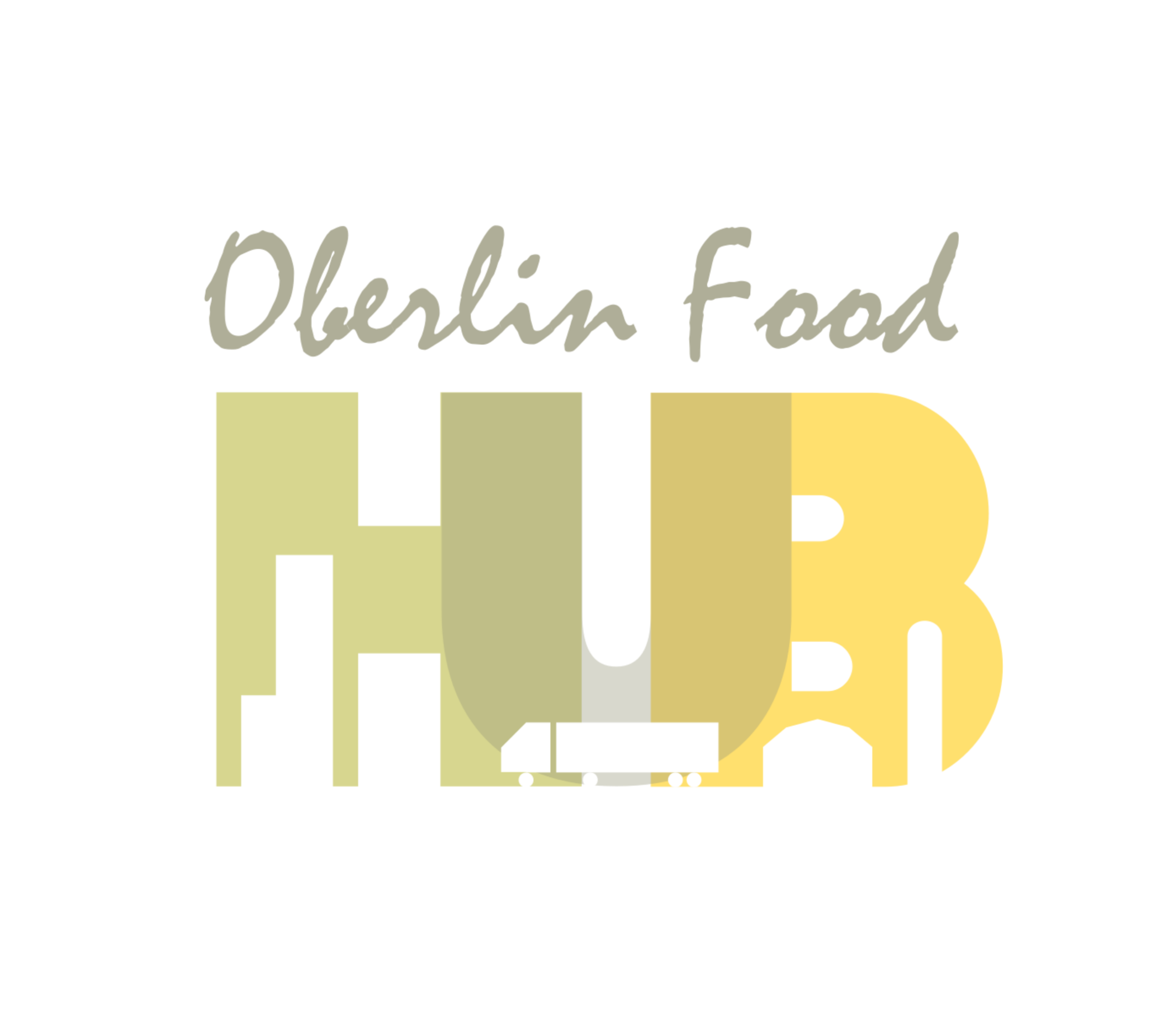What’s in Season?
Think local eating is just for summer? Think again.
Local Food, All Year Long
From hardy greens in early spring to storage crops and value-added goods in the winter, local food is available all year long. Our seasonal availability guide shows you what’s growing—and what’s on offer—across spring, summer, fall, and winter, plus a selection of year-round staples from our trusted producers.
Can I Still Get Local Produce in the Winter?
Short answer:
Yes—almost always!
Long answer:
Ohio winters may be cold, but local produce doesn’t disappear. The Oberlin Food Hub operates year-round, offering storage crops like squash, apples, and root vegetables well into winter. Indoor growers and season extension methods also keep hardy greens like kale and spinach available, ensuring a steady supply of fresh, local food in every season.
-
Grains: flour, cornmeal, popcorn, grits, oats, pasta, cereal, tortilla chips, potato chips
Plant protein: dry beans, tofu
Animal products: meat, eggs, milk, cheese, yogurt, butter
Sweeteners: maple syrup, honey
Condiments: pickles, kimchi, hot sauce, mustard
Produce: storage crops like carrots, potatoes, beets, cabbages, winter squash and more, hydroponic produce lettuces and herbs, mushrooms
-
Vegetables: arugula, asparagus, cabbage, collards, kale, lettuce, mustard greens, sugar snap peas, radishes, rhubarb, salad mix, spinach, swiss chard, turnip greens
Fruit: strawberries
Herbs: basil (hydroponic)
-
Vegetables: beans (green, dragon tongue, purple, yellow), beets (red, yellow, Chioggia), corn, cucumbers (slicing and pickling), eggplant (common, Sicilian, Asian), green onions, lettuce, leeks, okra (green and red), hot peppers (jalapeno, Thai chili), sweet peppers, (bell, banana, lunch box), summer squash (zucchini, patty pan, yellow), swiss chard, tomatoes (cherry, green, heirloom, Roma, slicer), new potatoes
Fruit: blackberries, blueberries, cherries, melon (cantaloupe and watermelon - red and yellow), raspberries, peaches
Herbs: basil, cilantro, dill, oregano, parsley, rosemary, sage, thyme
-
Vegetables: arugula, snap beans, beets (red, yellow, Chioggia), broccoli, cabbage, carrots, cauliflower, collards, sweet corn, kale, lettuce, onions, parsnips, peas, potatoes, sweet potatoes, swiss chard, pumpkins, radishes, salad mix, spinach, turnips, winter squash (acorn, butternut, delicata, etc)
Fruit: apples, watermelon, raspberries, peaches, pears
Herbs: basil, cilantro, dill, oregano, sage, parsley, rosemary, thymeDescription text goes here
-
Vegetables - storage: beets, cabbage, carrots, onions, parsnips, potatoes, sweet potatoes, storage radishes, turnips, winter squash (acorn, butternut, delicata, etc)
Vegetables - fresh: arugula (high tunnel), baby kale (high tunnel), kale (row cover), lettuce (hydroponic and high tunnel), salad mix (hydroponic and high tunnel), swiss chard (row cover), microgreens
Fruit: storage apples
Herbs: basil (hydroponic)

